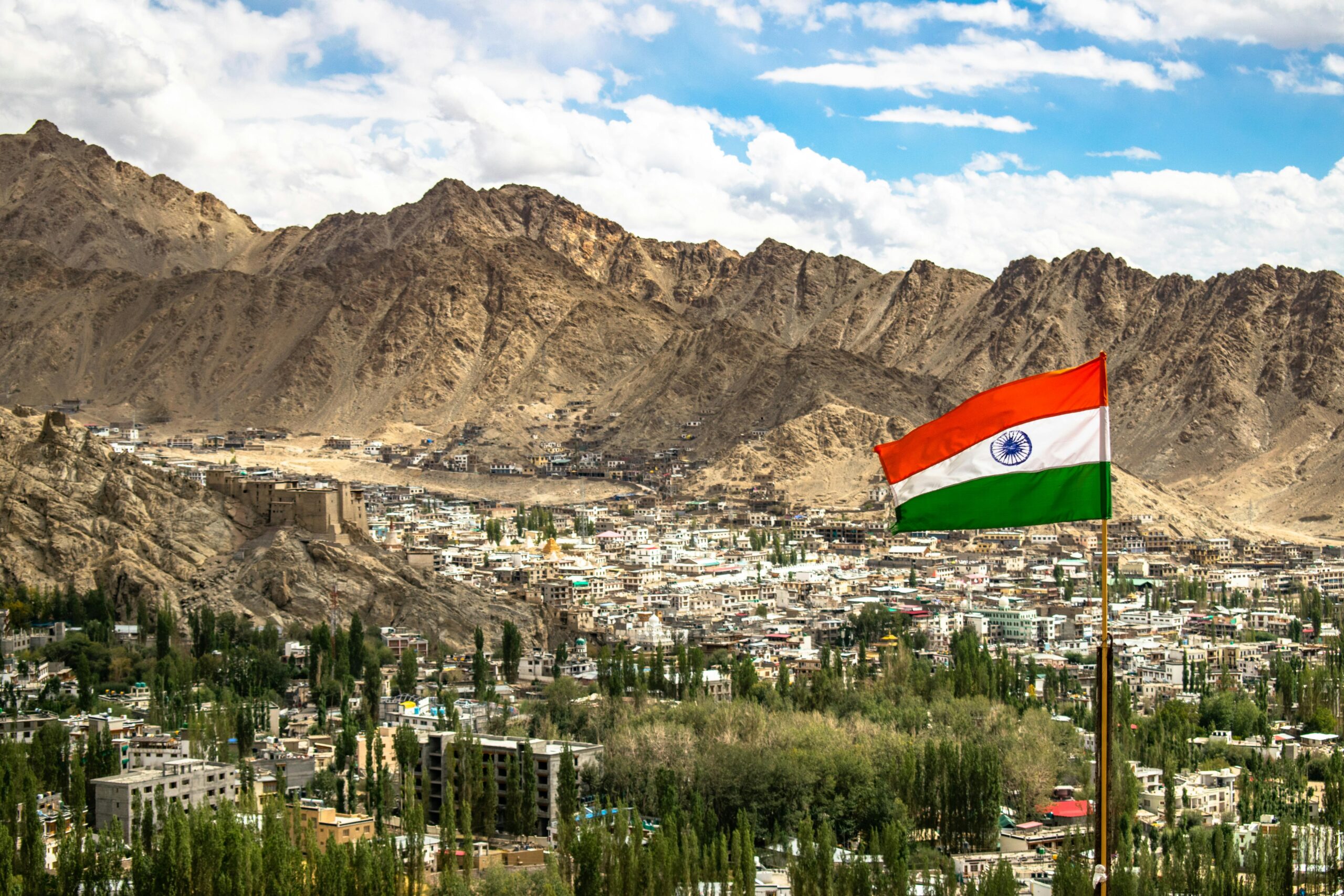The Dark Side of Indian Politics: What It Takes to Get In

Entering the political arena in India can be both a rewarding and daunting journey. While many aspire to make a difference, the reality of Indian politics is often fraught with challenges, compromises, and a significant amount of negativity. Here’s an exploration of what it truly takes to get into politics in India, along with an honest look at its darker aspects.
1. Educational Background and Skills
While there is no formal requirement for educational qualifications to enter politics in India, a solid educational background can be beneficial. Many successful politicians hold degrees in law, public administration, or political science. Skills such as public speaking, negotiation, and critical thinking are crucial, as they help navigate complex political landscapes and engage effectively with constituents.
However, the education needed to understand governance, economics, and law is often overshadowed by a more significant focus on connections and influence. This reliance on personal networks can deter capable individuals who lack the right connections from entering politics, perpetuating a cycle of mediocrity.
2. Financial Resources
Politics in India is an expensive affair. Campaigning requires significant funding for advertising, rallies, and outreach programs. Many candidates must either self-fund their campaigns or rely on donations from wealthy individuals and businesses. This financial burden can lead to a compromised integrity, where politicians feel beholden to their donors rather than their constituents.
Moreover, the reliance on money in politics often leads to the perpetuation of a system where only those with substantial financial resources can afford to contest elections. This further narrows the diversity of voices in Indian politics, often sidelining grassroots candidates who lack the means to compete effectively.
3. Party Affiliation and Loyalty
In India, most politicians enter politics through established political parties. Aligning with a party can provide the necessary platform and resources to contest elections. However, this often comes with the expectation of unwavering loyalty to party lines, even when it conflicts with personal beliefs or the needs of constituents.
Party dynamics can sometimes overshadow individual merit, with loyalty to party leaders often taking precedence over public service. This leads to a situation where capable individuals may feel pressured to conform to party ideologies rather than advocate for progressive or necessary changes.
4. Public Image and Media Scrutiny
Public perception plays a critical role in a politician’s success in India. Maintaining a positive public image is vital, as media scrutiny can make or break a political career. Politicians are often under constant observation, and any misstep can lead to significant backlash.
This environment creates a culture of fear where politicians prioritize image management over genuine engagement with issues. The focus on public relations can dilute the authenticity of their political agendas and reduce the emphasis on meaningful policy discussions.
5. The Influence of Corruption
Corruption is a pervasive issue in Indian politics. Many politicians face accusations of corrupt practices, including bribery, embezzlement, and misuse of power. The normalization of corruption creates an environment where unethical behavior is often overlooked or accepted as part of the political landscape.
This corruption not only undermines public trust in the political system but also discourages honest individuals from entering politics. The fear of becoming entangled in corrupt practices or the necessity of compromising ethical standards can deter many from pursuing a political career.
6. Diverse Challenges and Violence
Politics in India can sometimes be a violent endeavor, particularly in regions with deep-rooted political rivalries. Intimidation, threats, and even physical violence are not uncommon for politicians and activists, especially those challenging the status quo.
Candidates often face opposition from rival factions, leading to an atmosphere of fear and insecurity. The threat of violence can deter aspiring politicians, particularly women and marginalized individuals, from entering the political arena, further perpetuating a cycle of exclusion and inequity.
7. Navigating Bureaucracy and Red Tape
Once in office, politicians must navigate a complex bureaucracy that can be frustrating and inefficient. Often, the bureaucratic system is resistant to change, making it challenging for elected representatives to implement their agendas. Politicians may find themselves caught between the need to appease party leaders and the reality of bureaucratic obstacles.
This bureaucratic maze can lead to disillusionment, as elected officials struggle to fulfill their promises while dealing with slow-moving systems and red tape. The inability to effect real change can breed frustration and cynicism.
Conclusion
While the idea of entering politics in India may seem appealing, the reality is often far more complicated. Aspiring politicians must navigate a myriad of challenges, including financial constraints, party loyalty, public scrutiny, corruption, and violence. These factors create a landscape where genuine public service can become secondary to political maneuvering and personal ambition.
For those willing to brave these obstacles, the potential to effect meaningful change exists. However, it requires a deep commitment to integrity, resilience in the face of adversity, and an unwavering focus on serving the public. Ultimately, the path to politics in India is not just about ambition; it’s about fostering a system that truly represents the voices and needs of the people.
